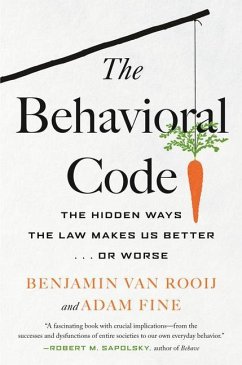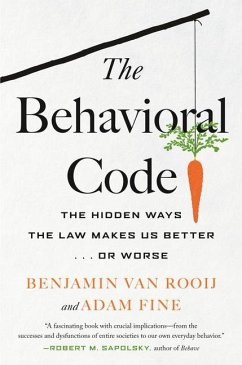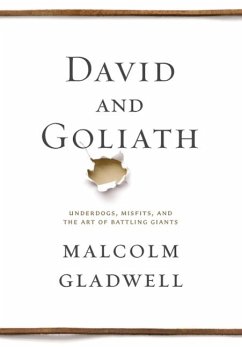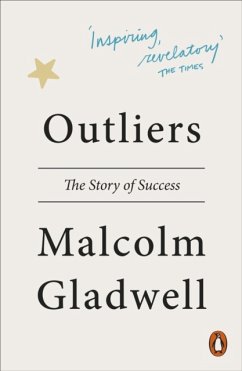
The Random Factor
How Chance and Luck Profoundly Shape Our Lives and the World Around Us

PAYBACK Punkte
11 °P sammeln!
"The Random Factor is a fantastic read for anyone interested in how luck, chance, and serendipity shape our daily lives and unequal outcomes. With compelling examples always at hand, Mark Robert Rank deftly brings together insights from a wide range of studies and everyday experiences to show the underappreciated role that randomness plays in all aspects of social life. Accessible and entertaining, the book provides a valuable new perspective on contemporary inequality."--Michael Sauder, Professor and Chair, Department of Sociology and Criminology, University of Iowa "Is it better to be lucky ...
"The Random Factor is a fantastic read for anyone interested in how luck, chance, and serendipity shape our daily lives and unequal outcomes. With compelling examples always at hand, Mark Robert Rank deftly brings together insights from a wide range of studies and everyday experiences to show the underappreciated role that randomness plays in all aspects of social life. Accessible and entertaining, the book provides a valuable new perspective on contemporary inequality."--Michael Sauder, Professor and Chair, Department of Sociology and Criminology, University of Iowa "Is it better to be lucky than to be good? Sociologist Mark Robert Rank's engaging and highly readable The Random Factor considers the importance of luck and chance in grand human affairs and individual life outcomes. From the accident of birth to why some musicians are highly successful while others, equally talented, languish in obscurity; from the choices of natural selection to the margin between winning and losing in sports, Rank takes the reader on a lively, entertaining, and informative tour of how randomness affects our lives for good and ill. . . . Both entertaining and informative."--Gerald Early, Merle Kling Professor of Modern Letters, Washington University in St. Louis "As social scientists, we focus on finding out what predicts what. Most of the time, we can model twenty or thirty percent of how variable A is related to variable B. But what of the remainder, the seventy or eighty percent that we can't predict? That's the magic spot The Random Factor targets, the parts of life's realm that we cannot predict but that make all the difference."--Mimi Chapman, Frank A. Daniels Distinguished Professor for Human Service Policy Information, University of North Carolina at Chapel Hill













